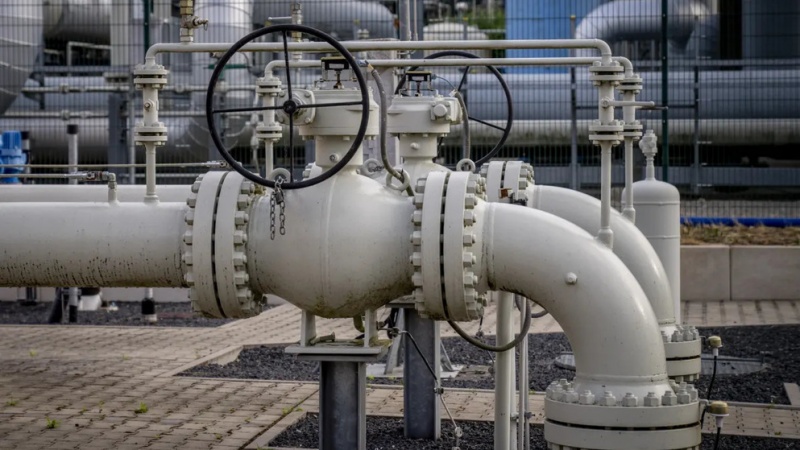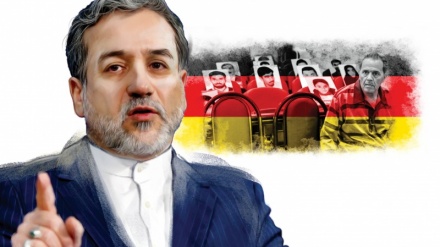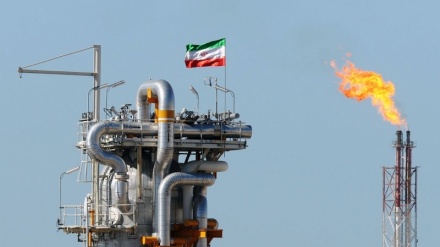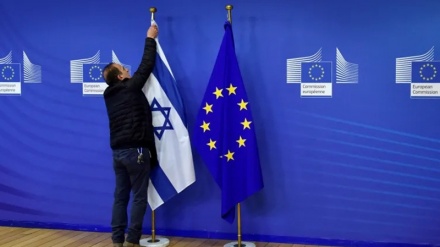German cities turn off lights, impose cold showers amid fuel crisis
Amid the worsening fuel crisis, German cities are switching off spotlights on public buildings, turning off fountains, and imposing cold showers on municipal swimming pools and sports halls to reduce energy consumption.
Hanover, in northwestern Germany, became the first major city on Wednesday to announce energy-saving measures, including cutting off hot water in showers and bathrooms in municipal buildings and leisure centers.
Municipal buildings in the state capital of Lower Saxony are only heated to a maximum room temperature of 20 °C (68 °F) from October 1 to March 31, and the use of portable air conditioning units and fan heaters is prohibited. Kindergartens, schools, care homes and hospitals are exempt from these measures.
“The situation is unpredictable,” the city’s mayor Belit Onay of the Green party was quoted as saying. “Every kilowatt hour counts, and protecting critical infrastructure has to be a priority.”
The measure is aimed at reducing energy consumption by 15 percent in Hannover, Germany.
The European Commission this week asked member states to ensure they can withstand a complete gas cut from Russia. Germany is more dependent on Russian gas than other European countries, which has put added pressure on it in the current situation.
In the German capital Berlin, around 200 monuments and municipal buildings plunged into darkness on Wednesday night as the city turned off spotlights to conserve electricity.
Monuments that used to be lit up at night include the Victory Column in Tiergarten Park, the Memorial Church in Breitscheidplatz and the Jewish Museum.
“In the face of the war against Ukraine and Russia’s energy threats it is vital that we handle our energy as carefully as possible,” said Berlin’s senator for the environment, Bettina Jarasch.
Germany uses most of its imported gas to heat homes and power its large industries. But while an energy emergency plan that began in June enables utilities to pass on higher gas prices to customers, most private households in Germany pay their gas bills in fixed installments and are not yet to see those kinds of increases directly that could change significantly consumer behavior.
On Thursday, the German government confirmed that gas surcharges for customers could be much higher than previously expected to save energy companies from bankruptcy in the coming months.
“We can’t say yet how much gas will cost in November, but the bitter news is it’s definitely a few hundred euros per household,” said the economy minister, Robert Habeck.
SS



